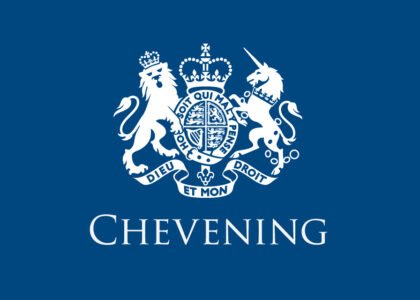


At the perimeters of the 80th United Nations General Assembly, I had the privilege of speaking at a webinar hosted by the United Nations Capital Development Fund (UNCDF) and Digital Frontiers Institute — a global conversation on Scaling Impact Through Women in Digital Finance.

On the first anniversary of the Global Digital Compact (GDC), Digital Cooperation Day gathered governments, standards bodies, UN agencies, civil society, and industry to answer a simple question: have we moved from principles to practice?

For as long as I can remember, I have lived in the light of a name larger than my own. My mother, Captain Lonnie Kalua-Manduwi, was the first female marine captain in Malawi — a woman whose brilliance and determination defied the boundaries of her time.

In every corner of the continent, you will meet them: some of the brightest minds of their generation, armed with prestigious degrees from world-class European universities, fluent in the language of global policy, and deeply committed to Africa’s development.